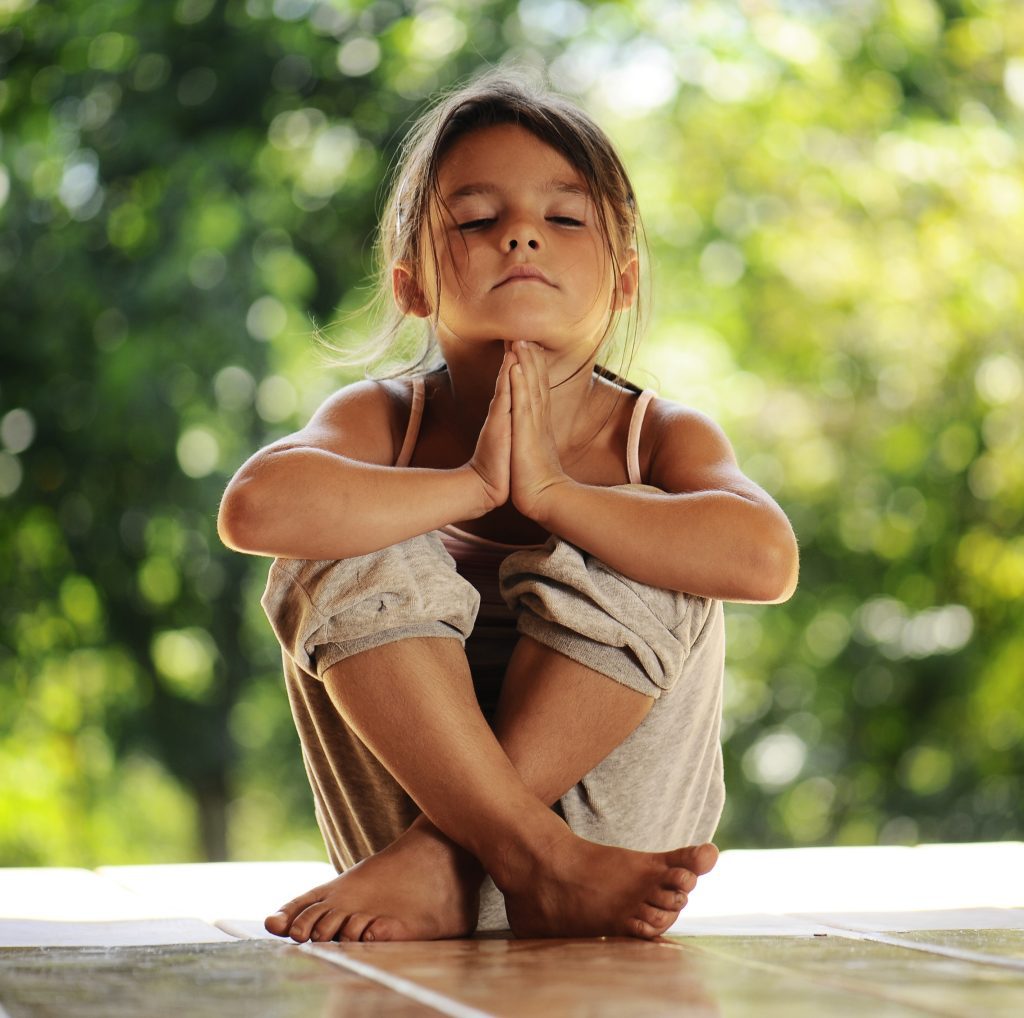In today’s fast-paced world, self-care has become an essential part of maintaining mental, emotional, and physical well-being. Teaching children the importance of self-care not only helps them develop healthy habits but also builds their self-esteem, resilience, and independence. This blog explores practical ways to engage your child in self-care activities that nurture their growth, inspired by the teachings of this private school in Bath.

Understanding Self-Care for Children
Self-care for children looks different than it does for adults. For them, it is about establishing routines that promote overall well-being while creating a balance between activities and rest. It also includes fostering emotional awareness, encouraging self-expression, and teaching them to identify and manage their needs.
By exploring self-care with your child, you are helping them recognise that caring for themselves is just as important as caring for others. It’s about teaching them how to value their own health and happiness.
The Benefits of Self-Care for Children
Children who engage in self-care early on benefit in a multitude of ways, including:
- Improved Emotional Regulation
- Self-care practices, like mindfulness or journaling, can help children understand their emotions better. This, in turn, improves their ability to regulate their emotions, reducing meltdowns and anxiety.
- Enhanced Independence and Confidence
When children learn how to take care of their basic needs, they build a sense of independence. Whether it’s brushing their teeth, choosing their clothes, or engaging in activities they love, small acts of self-care empower children and enhance their confidence.
- Better Stress Management
Introducing relaxation techniques, like deep breathing or quiet time, can help children manage stress more effectively. This is particularly important as they face increasing academic and social pressures.
Self-Care Activities to Try with Your Child
Here are a few self-care activities you can explore with your child to promote their mental and physical well-being:
- Mindfulness and Meditation
Teaching children mindfulness through simple breathing exercises or short guided meditations can help them develop awareness of their emotions. Apps designed for kids can make meditation fun and engaging.
- Creative Expression
Activities like drawing, painting, or storytelling allow children to express their feelings and thoughts in a non-verbal way. Creativity fosters emotional intelligence and boosts self-esteem.
- Physical Activity and Play
Encourage your child to engage in physical activities they enjoy, whether it’s playing sports, dancing, or simply going for a walk. Physical exercise is an important part of self-care that boosts both mood and energy levels.
- Healthy Eating
Teach your child about the importance of balanced nutrition and hydration as a part of self-care. You can make this fun by involving them in meal planning and preparation.
- Establishing a Bedtime Routine
Adequate sleep is a cornerstone of self-care. Create a calming bedtime routine for your child that includes activities like reading or listening to soothing music to help them unwind and relax.
Encouraging Emotional Awareness
One of the most valuable lessons you can teach your child through self-care is how to identify and manage their emotions. By acknowledging their feelings, children can learn to express them in healthy ways. Encourage open conversations about emotions and use tools like mood charts or emotion wheels to help them recognise and communicate their feelings.
Self-care doesn’t have to be a solo journey. By practicing self-care together as a family, you create opportunities for bonding while modelling healthy habits for your child. Whether it’s taking time to unwind with a family walk or sharing what you’re grateful for at dinner, self-care becomes an integral part of your child’s life when they see you practicing it too.
By exploring self-care with your child, you are nurturing their emotional, mental, and physical development—setting them up for a lifetime of well-being.